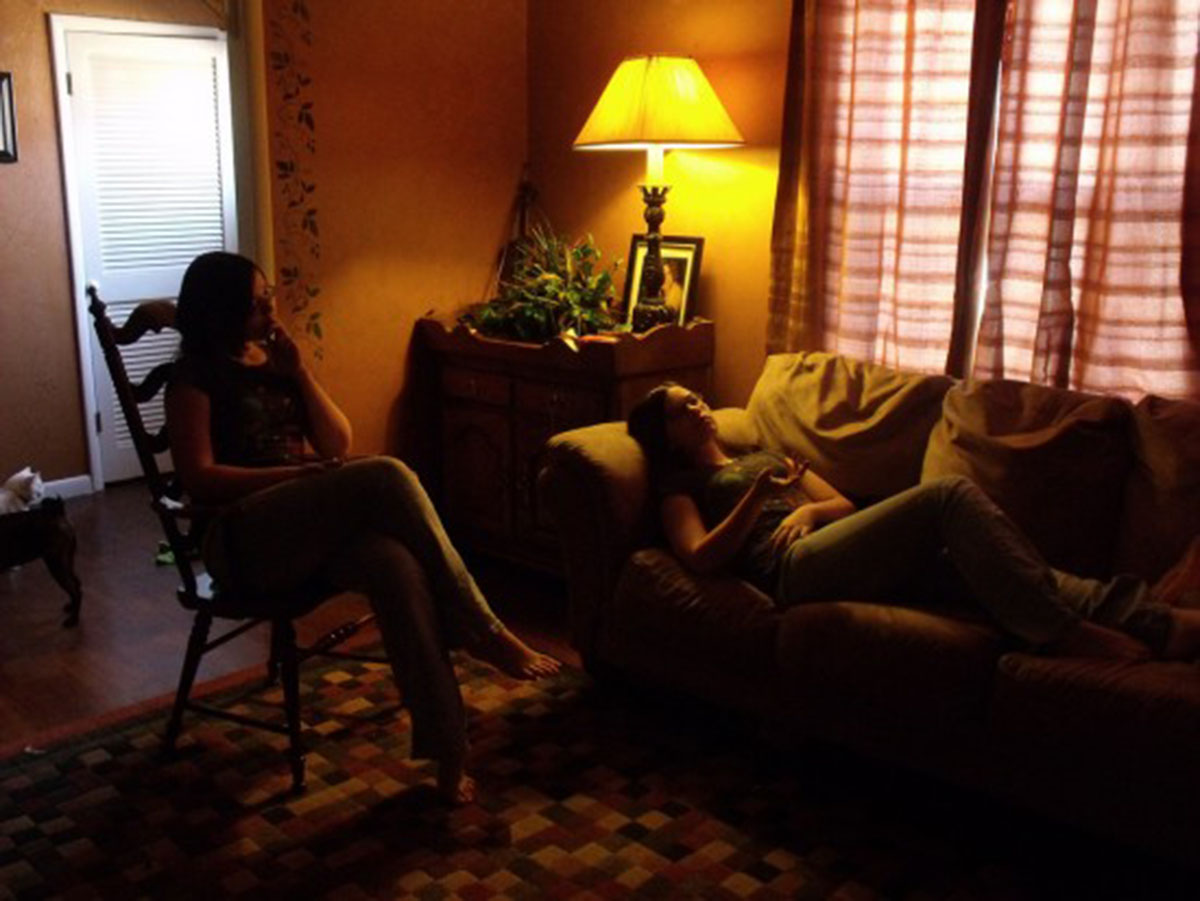Table of Contents
Talk Therapy
One of the most effective treatments for generalized anxiety disorder is cognitive-behavioral therapy (CBT). CBT is a type of therapy in which you meet with a therapist in a very structured way. There are a limited number of visits and the therapist uses a goal-oriented approach to identify your specific issues and formulate a plan to minimize your anxiety. You're even assigned "homework" to continue therapy when out in the world.

A CB therapist will typically use the first session to identify any troubling issues in your life, such as triggers for high-anxiety episodes. She will then work with you to form a goal for therapy and a plan for achieving that goal.
It's harder to get swept away by anxiety if you can step back and look at your worries objectively. You may be asked to keep a journal in order to record negative thoughts and feelings, as well as your physical and mental reactions to different situations.
The hard part of CBT is having your thinking challenged. The ultimate job of the therapist is to bring clarity and perspective to your anxiety and allow you to break free of the panic-inducing cycle that generalized anxiety disorder brings about. CBT is highly personalized and the exact approach of the therapist will depend on many factors in your personal situation, including the level of support you are receiving from family and friends.
Medication
There are quite a few prescription options available for treating generalized anxiety disorder. These drugs must be taken under a doctor's care and shouldn't be stopped suddenly. It's vital to take any medication correctly; that means the right amount at the right time.
Some of the most popular brands are Prozac, Ativan, Xanax, Zoloft, and Cymbalta. As always, prescription medications can have multiple side effects and should be used with caution.
Natural Remedies
There are always the good old standards of self-care to help ease anxiety. Daily exercise can flood your body with powerful endorphins that help to relieve stress. A healthy, balanced diet can go a long way towards making you feel relaxed, especially one that is high in omega-3 fats and B vitamins.
Adaptogenic herbs like ashwagandha, rhodiola, and holy basil are used for managing symptoms. They help the body adapt to stress, balance hormones, and improve mental clarity and resilience, potentially reducing anxiety symptoms and promoting a sense of calm without causing drowsiness.
Sleep is also key. Getting enough hours of sleep each night is essential for both physical and mental health.
Herbal teas, like chamomile, lavender, and valerian root, are popular for their calming effects. They help reduce stress and promote relaxation, making them a favored natural remedy for managing anxiety and aiding in better sleep.
Relaxation techniques such as meditation and other visualization methods may not only reduce existing anxiety but also prevent future episodes from peaking.
Aromatherapy uses essential oils like lavender, bergamot, and frankincense to alleviate symptoms of GAD. These scents promote relaxation, reduce stress, and can enhance mood, offering a natural adjunct to traditional anxiety management techniques.
Art and music therapy involve creative expression as a therapeutic tool for managing Generalized Anxiety Disorder. Engaging in painting, drawing, or making music helps in processing emotions, reducing stress, and improving mood, providing a non-verbal outlet for expression and a sense of accomplishment and relaxation.
Read More: Anti-Anxiety Workout
Above all, avoid alcohol and other sedatives. They may seem like an easy way to self-medicate, but they can actually worsen your anxiety, as well as bring on a host of other issues that will only make things seem bleaker.
The one good thing about anxiety is that there are many ways of handling it. As always, work with your doctor and with your family and friends to come up with the plan that will work best for you.
- Generalized anxiety disorder. (2001). In Taber's Cyclopedic Medical Dictionary (p.138, Edition 19). Philadelphia, PA: F. A. Davis Company.
- Photo by shutterstock.com
- Photo courtesy of Samantha Evans Photography by Flickr : www.flickr.com/photos/_awakeandunafraid_/4392920921/

